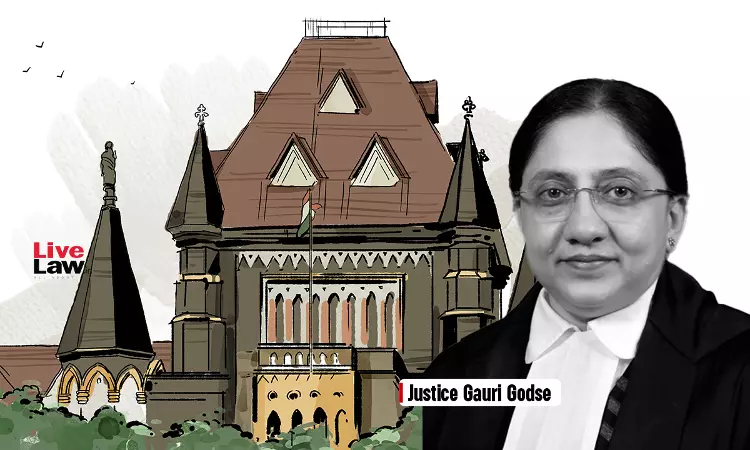Mandatory Procedures Cannot Be Bypassed To Show Large Number Of Case Disposals In Lok Adalat: Bombay High Court
Sanjana Dadmi
27 Aug 2024 3:30 PM IST

Next Story
27 Aug 2024 3:30 PM IST
The Bombay High Court has observed that the Authority or Committee organising Lok Adalat cannot directly transfer pending cases to the Lok Adalat without a reference order from the concerned court, as stipulated under Section 20(1) of the Legal Services Authorities Act, 1987.The Court emphasised that the mandatory procedures outlined in the Act cannot be bypassed only to show high figures...
